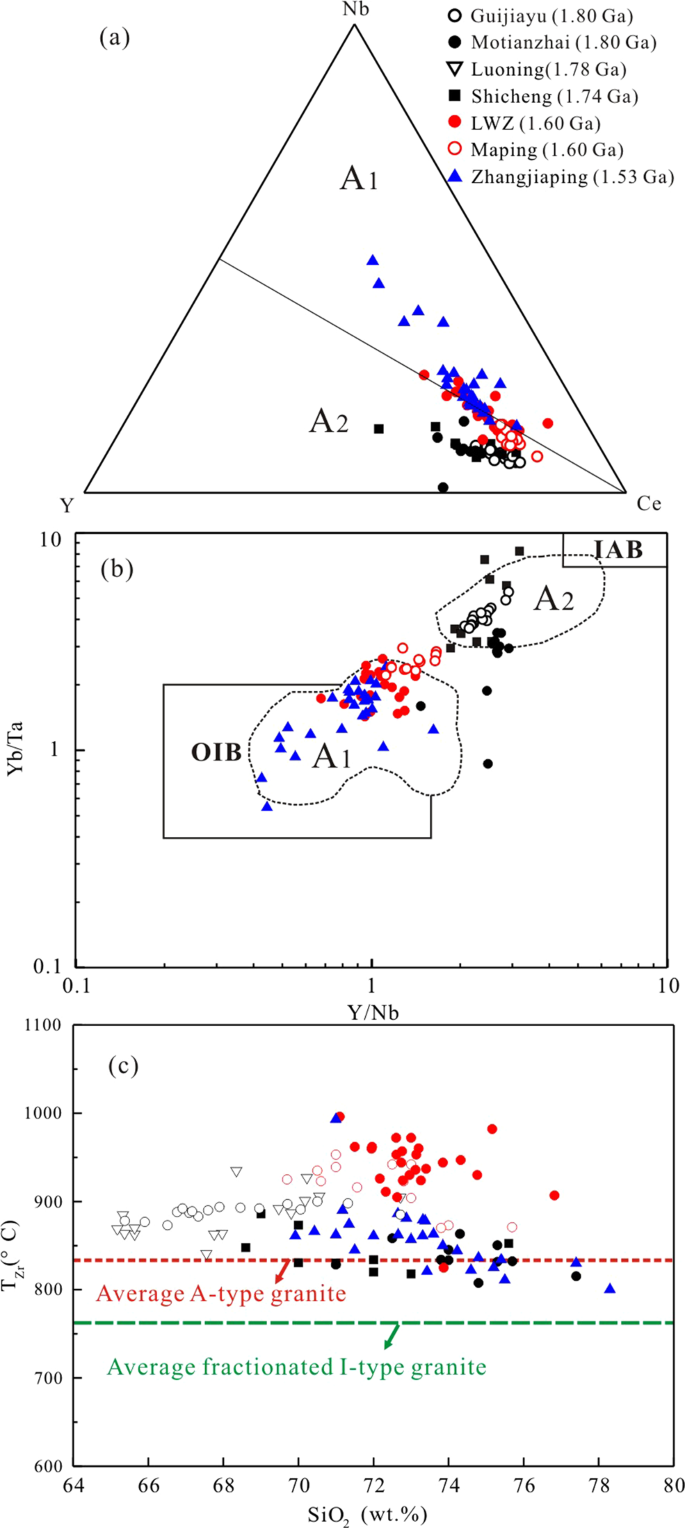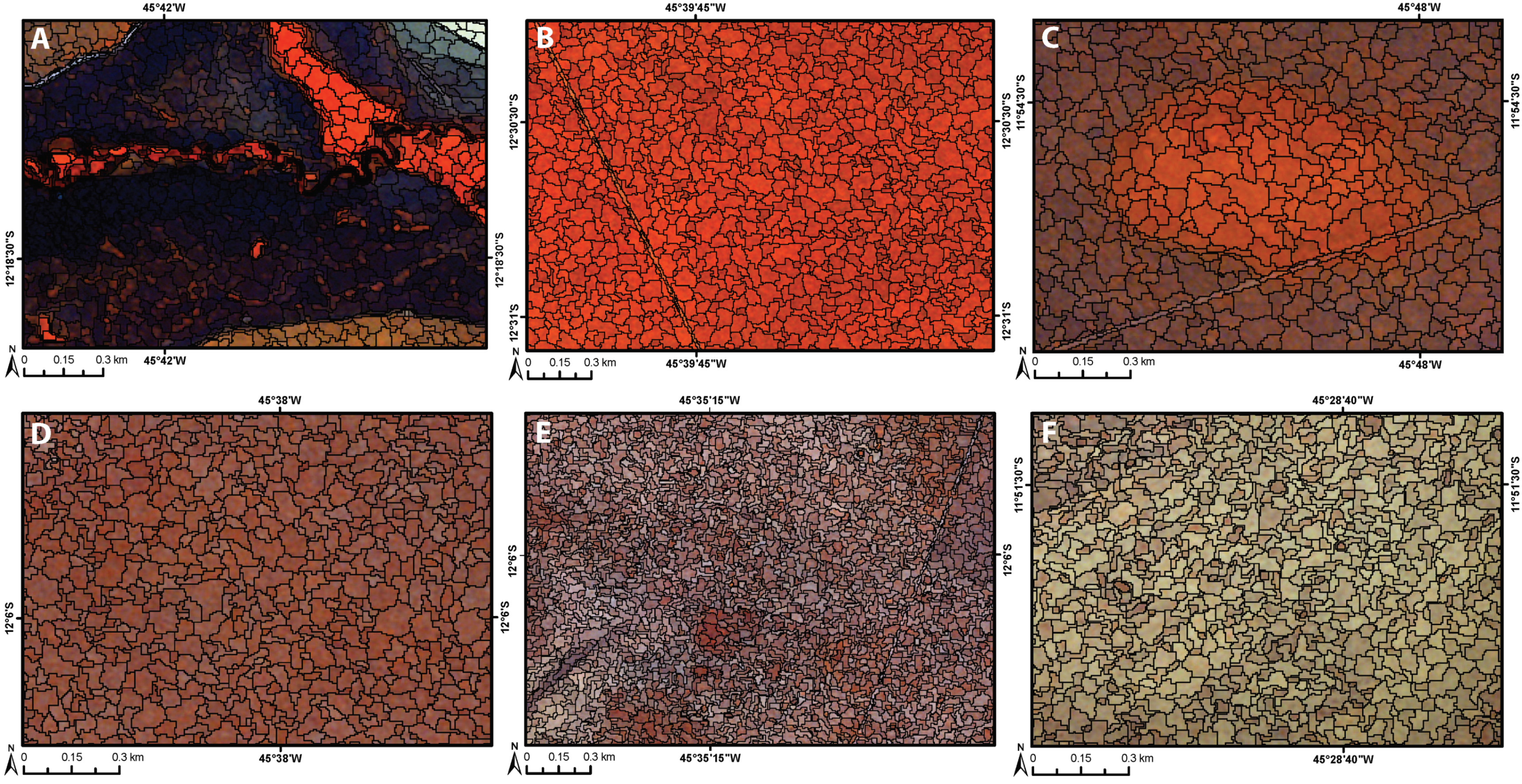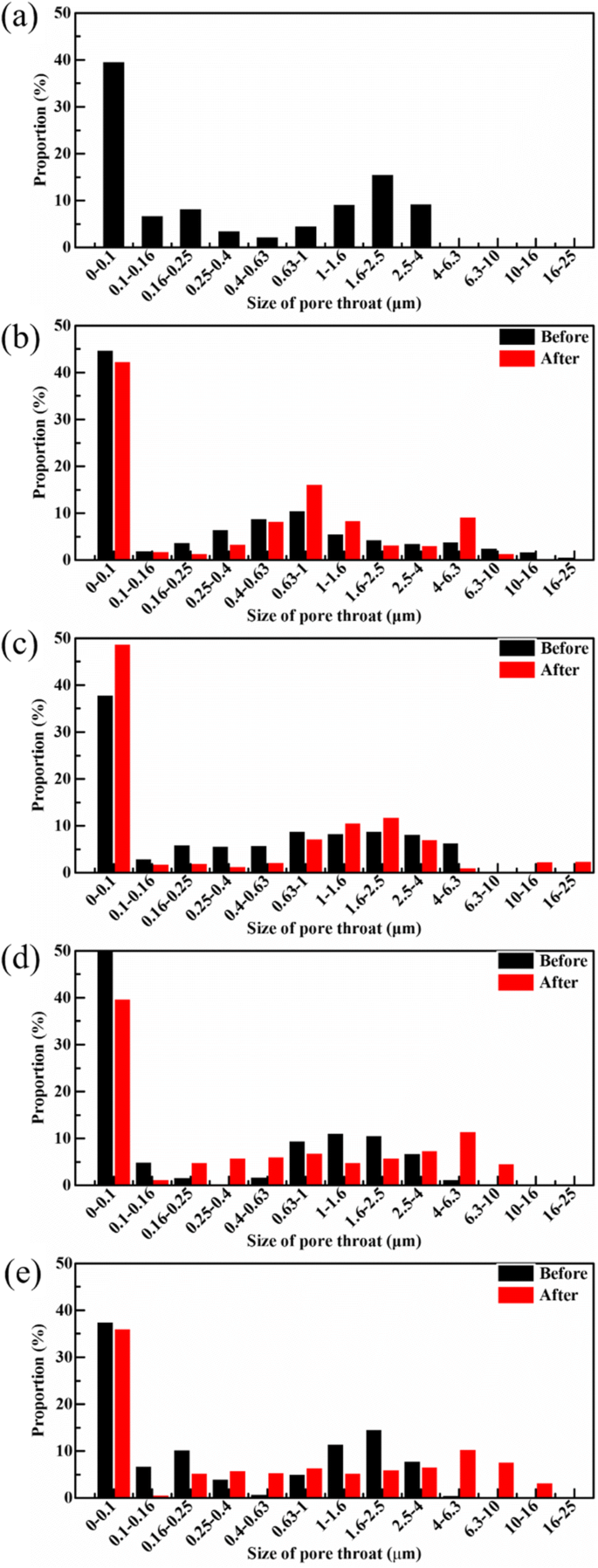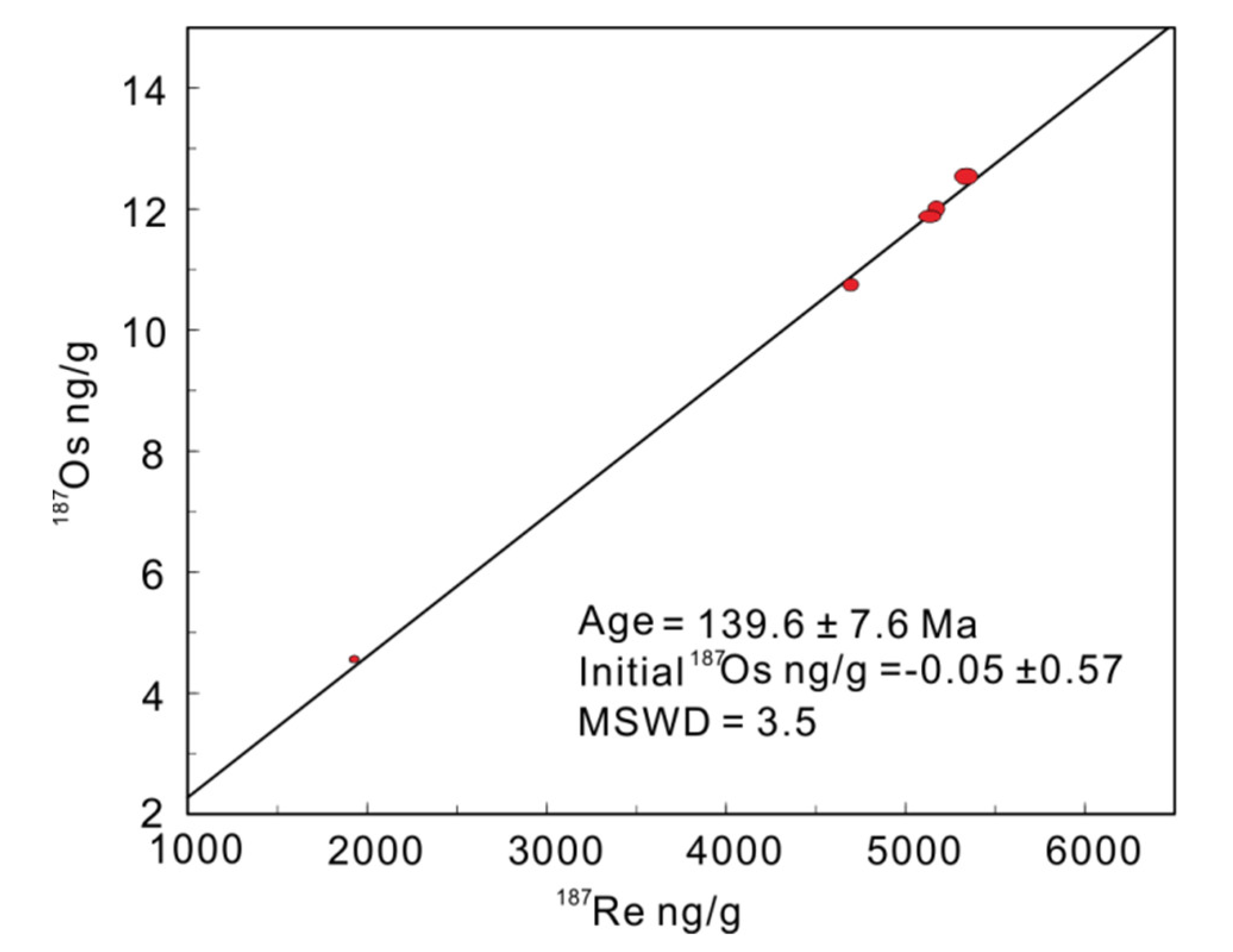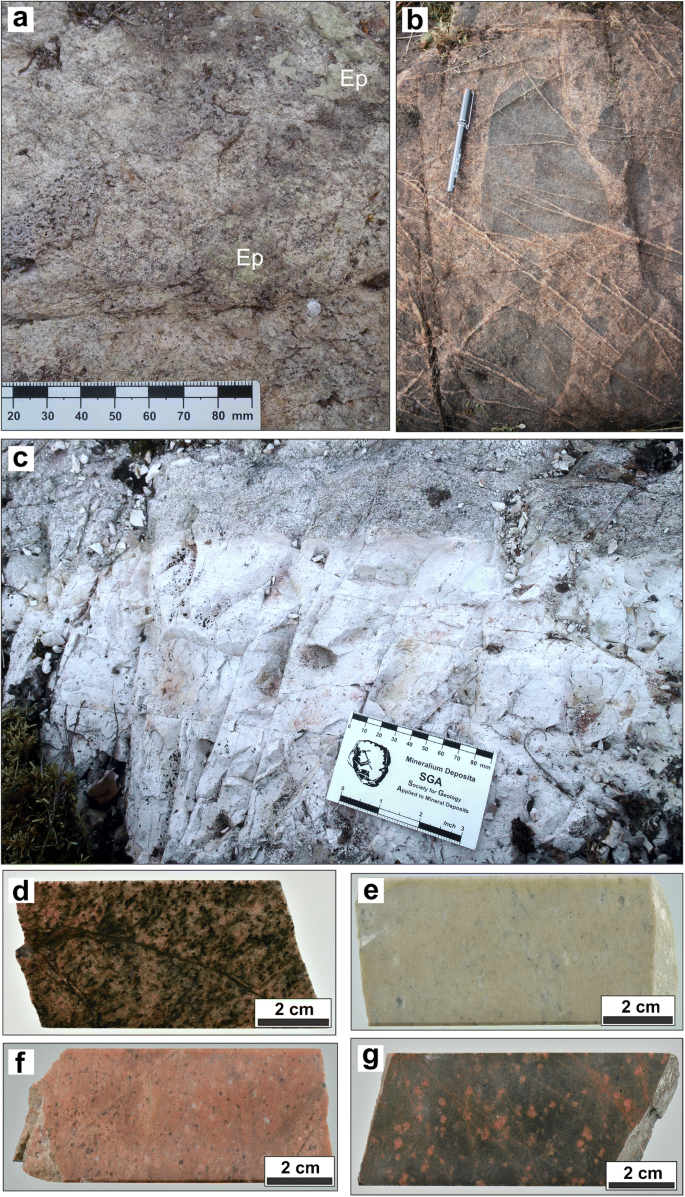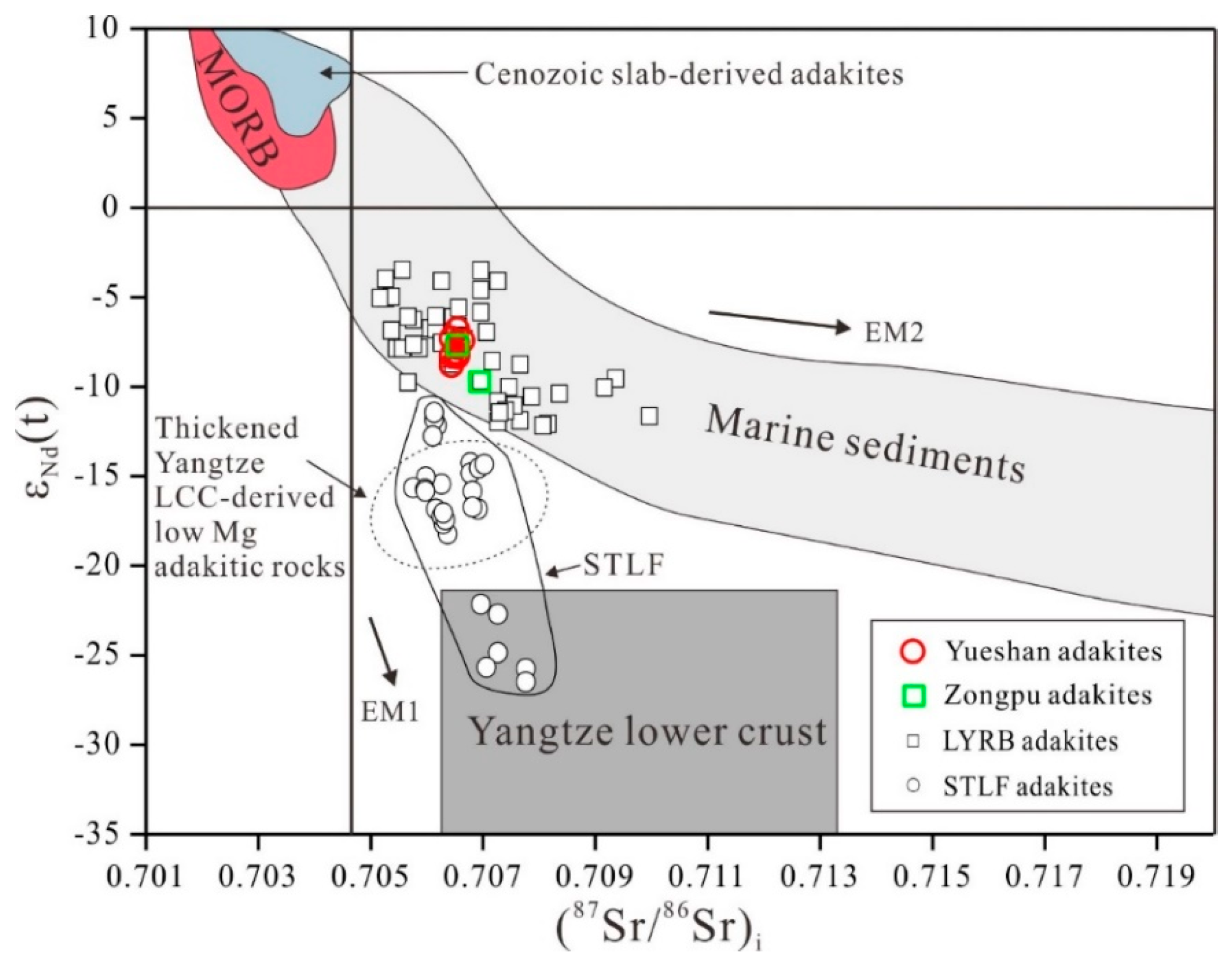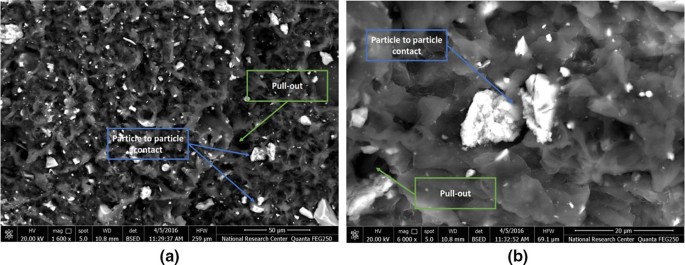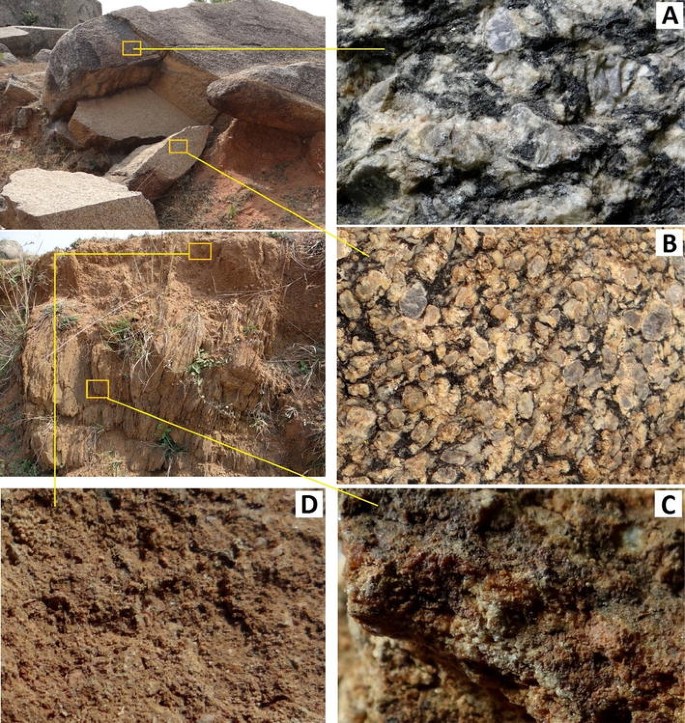A 12 5 G Sample Of Granite Initially At 82 0

Let s say we want to cool the sample down by 3 degrees.
A 12 5 g sample of granite initially at 82 0. We will assume m 5 kg. A 12 5 g sample of granite initially at 82 0oc is immersed into 25 0 g of water initially at 22 0oc. For water cs 4 18 j g 0c and for granite cs 0 790 j g 0c. A 12 5 g sample of granite initially at 82 degrees celsius is immersed into 25 g of water initially at 22 degrees celsius.
Calculate specific heat as c q mδt. A 12 5 g sample of granite initially at 82 0 0 c is immersed into 25 0 g of water initially at 22 0 0 c. O c and for granite c 0 790 j g. A 12 5 g sample of granite initially at 82 0 c is immersed into 25 0 g of water initially at 22 0 c.
A 12 5 g sample of granite initially at 82 0 c is immersed in 25 0 g of water initially at 22 0 c. What is the final temperature of both substances when they reach thermal equilibrium. What is the final temperature of both substances when they reach thermal equilibrium. For water c s 4 18 j g 0 c and for granite c s 0 790 j g 0 c.
You can also go to advanced mode to type the initial and final values of temperature manually. What is the final temperature of both substances when they reach thermal equilibrium. For water c s 4 18 j g c and for granite c s 0 790 j g c a. A 12 0 g sample of granite initially at 84 0 c is immersed into 29 0 g of water initially at 21 0 c.
D 27 2 0 c. A 12 5 g sample of granite initially at 82 0 o c is immersed into a 25 0 g of water initially at 22 0 o c. For water specific heat 4 18 j g degrees celsius and for granite specific heat 0 79 j g degrees celsius. C 15 7 0 c.
For water c 4 184 j g. B 1 55 10 3 0 c. What is the final temperature of both substances when they reach thermal equilibrium. What is the final temperature of both substances when they reach thermal equilibrium.
A 52 0 0 c. The answer to a 12 5 g sample of granite initially at 82 0 0c is immersed into 25 0 g of water initially at 22 0 0c. What is the final temperature of both substances when they reach thermal equilibrium. Then δt 3 k.
Determine the mass of the sample. For water cs 4 18 j oc g and for granite cs 0 790 j oc g. What is the final temperature of both substances when they reach thermal equilibrium. In our example it will be equal to c 63 000 j 5 kg 3 k 4 200 j.
Granite is 0 79 j g c.


